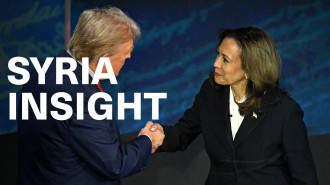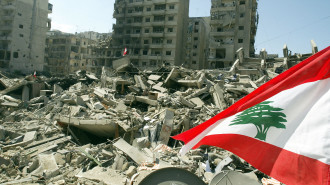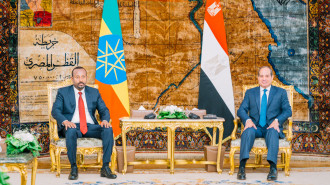Syria Insight: Bread queues and hunger in Assad's Syria
After the brutal suppression of protests in 2011, Syrians know that any loud grumbles could lead to arrest and so the hardships and humiliations continue.
The collapse of the lira has seen prices of staple goods skyrocket with fights breaking out at petrol station queues, where frustrations always run high. One year ago, Syrians spoke of hitting rock bottom; now they are resigning themselves to things getting much worse.
In 2011, a litre of vegetable oil cost around 150 liras. Now a 750ml bottle goes for up to 9,000 liras. At the start of the uprising a two-kilo bag of bread was available for as little as 15 Syrian liras. Now Syrians are paying between 100 and 500 liras for one kilo of bread.
The subsidy system which kept these staples affordable for Syrians has collapsed leaving the black market to flourish - the only available market for cooking oil, fuel, and other essentials, but at marked-up prices.
Meat and vegetables are off the table for even middle-class Syrians, who are now filling up on stodgy, starchy foods with little or no nutritional value. Many urban families are growing their own vegetables and raising chickens for their tables in a bid to survive.
Sawsan Abou Zainedin, an activist and researcher from Suweida, said it is a desperate situation that few middle-class Syrians would have imagined a decade ago when the uprising began.
Twitter Post
|
"Even growing food is proving really hard because people cannot get fertilizers at good prices and can't afford the costs of urban farming," Abou Zainedin told The New Arab.
"It is not easy to farm in an urban environment, but people are doing this because they literally can't afford food from local shops."
Inflation has made shopping a frustrating and laborious task with vendors often calling their suppliers to check the latest price of goods before money is exchanged.
Prices in shops are now fixed at an hourly rate with the Syrian lira moving north of 4,000 liras to the dollar on the black market, after standing at around 50 pounds to the dollar in 2011.
The banking crisis in Lebanon, coronavirus, US sanctions on key regime officials, corruption, and the cost of a ten-year war have all contributed to the calamity, economists say.
Queues are a daily reality of life for Syrians, eating into work and leisure time. Poorer hourly-paid workers are the hardest hit with students dropping out of university and more children working to make up for the rising cost of goods.
Extreme hardships have also worsened the already volatile security situation in regime-held Syria, with increases in robberies and kidnappings in areas such as Suweida where unemployment is high and guns are plentiful.
"Local gangs and militias are so powerful and there is total chaos where everyone knows who these leaders are, where kidnapped people are being held and tortured, but nobody does a thing," said Abou Zainedin.
"The deteriorating economic situation means that crime is a way of obtaining funds. You have organised violence from gangs and militias, but you also now have robberies out of desperation."
The threat of burglaries and kidnappings means that many Syrians in regime areas stay at home, even during the daylight.
Desperate families are calling out for financial assistance via social media while charities, individuals, and religious groups are sometimes providing support after the collapse of state services in parts of Syria.
 |
One year ago, Syrians spoke of hitting rock bottom; now they are resigning themselves to things getting much worse |  |
Even higher-ranking public sector workers, with decades of experience, are suffering with salaries of just $50 a month in real value. Many businesses in Suweida have been forced to close due to a drop in demand and the rising cost of raw materials.
"Nobody is buying because of the high inflation while the margins of profit are not enough for businesses to keep going," said Abou Zainedin. "Day-by-day things are getting worse."
The situation in opposition areas has been less affected by the lira's collapse due to links with Turkey and their relative isolation from the rest of Syria. Yet even the Turkish lira's weakening it likely to have an impact on Idlib and other areas.
|
|
Mhamad Alkasem, a Syrian journalist, told The New Arab that even with the Covid-19 epidemic, life in Idlib is continuing as normal but that the opposition province faces its own challenges.
"The rise of the Syrian pound and economic damage in regime-held areas did not affect Idlib and other opposition areas because we deal in the America dollar and the Turkish lira," the journalist explained.
Bread there is priced at around 2.5 Turkish liras (around 30 US cents), 30 eggs at 15 Turkish liras ($4) and cooking oil at around 11 liras ($1.5 dollars). Prices here appear to be cheaper than in regime areas but there is no shortage of hardships due to the economic situation and increasing bombing.
"What the authorities and NGOs are doing to help alleviate the situation for people is just providing emergency aid, which is not enough," he said.
Matt Hemsley, an aid worker who left Damascus earlier this year, said that although wealth was visible in parts of the Syrian capital there were long queues, shortages of goods, and more visible begging.
"There are still wealthy areas in Damascus and money is still going around, but that does not mean it is equitable. For many Syrians, this is as bad as things have ever been," he told The New Arab.
"My view was that Damascus was the best-off place, so when you saw that things were bad there then you knew everywhere else things were worse, to different orders of magnitude."
Syrians who a year ago were concerned by the rising cost of meat and fuel are now worried about putting bread or vegetables on the dinner table.
Farmers are often unable to afford seeds, fertiliser, and new equipment, likely leading to food security issues down the road, as an alleged embargo of Russian wheat on Syria earlier this year due to debts pointed to.
"Wherever I was in the country, what I consistently heard from people was their worries about putting food on the table. We saw parents saying 'we give our children food but we can't afford to eat', or they are eating one meal a day," Hemsley said.
 |
Nobody is buying because of the high inflation while the margins of profit are not enough for businesses to keep going. Day-by-day things are getting worse |  |
The credit crunch has extended to state services with frequent power cuts across the country. Wealthier neighbourhoods of Damascus, such as Mezzeh, would experience three hours of electricity and then three hours off, Hemsley said.
Residents in more remote areas - such as Deir az-Zour - often have just one-and-a-half hours of electricity followed by a six-hour blackout with many businesses grinding to a halt during these hours.
"The more people are unable to afford goods and food, the more businesses will be unable to pay salaries and so it becomes a vicious cycle," said Hemsley.
Closed borders due to the Covid-19 crisis and the depreciating lira have seen imports fall sharply, while even domestic produce is becoming unaffordable for Syrians, partly a knock-on effect from the currency crisis.
This includes one common protein source for many Syrians - eggs. Hemsley said a pack of eggs went up from around 500 liras when he first arrived in Syria three years ago to around 3,000 liras when he left this year.
Hardships have seen growing pressures on charities across Syria, but even then demand far outstrips the capacity of NGOs.
"The needs in Syria are huge. There were always more people in need of some kind of help than there was to go around," Hemsley explains.
"What really changed is what people wanted. Two years ago people told me they wanted help to get back to work, farm their land, and making things again.
"What became obvious this year was how grateful people were for the basics. This had not been the case before and is an indication that things are getting worse."
Syria Insight is a regular feature from The New Arab. To get Syria Insight in your inbox each edition, sign up here.
Paul McLoughlin is a news editor at The New Arab.
Follow him on Twitter: @PaullMcLoughlin

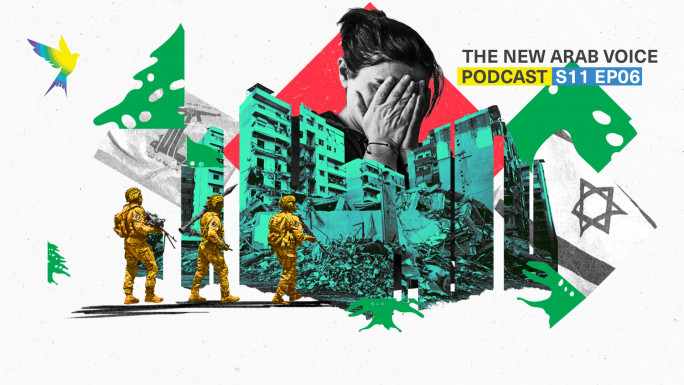
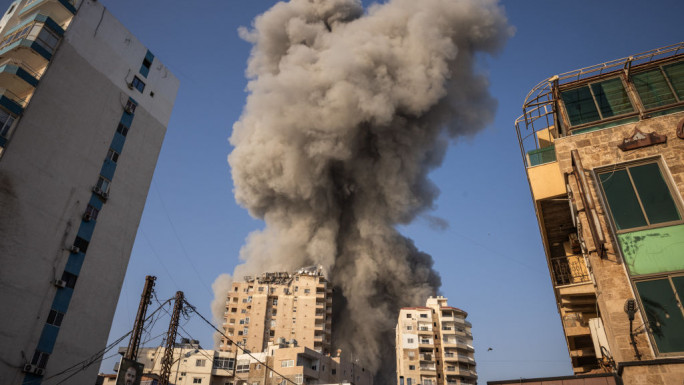
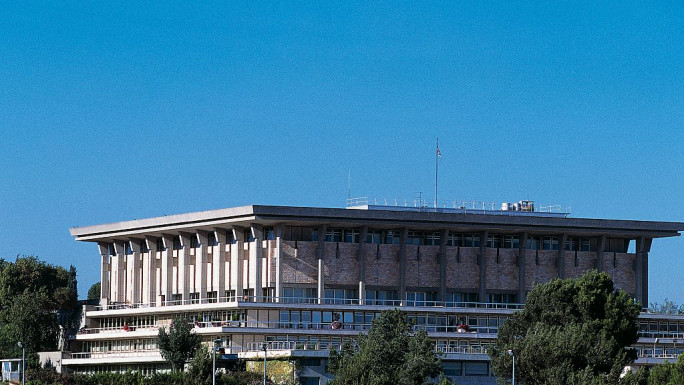
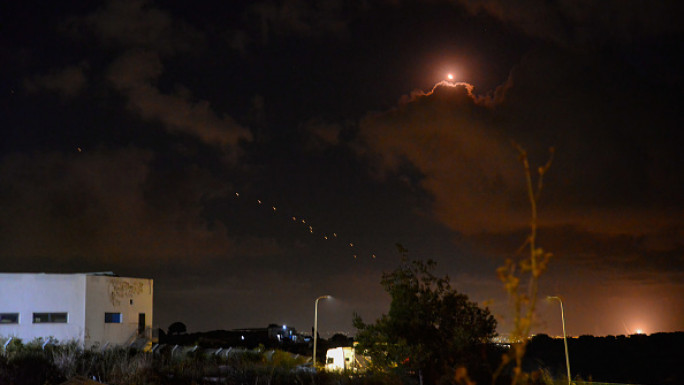
 Follow the Middle East's top stories in English at The New Arab on Google News
Follow the Middle East's top stories in English at The New Arab on Google News
